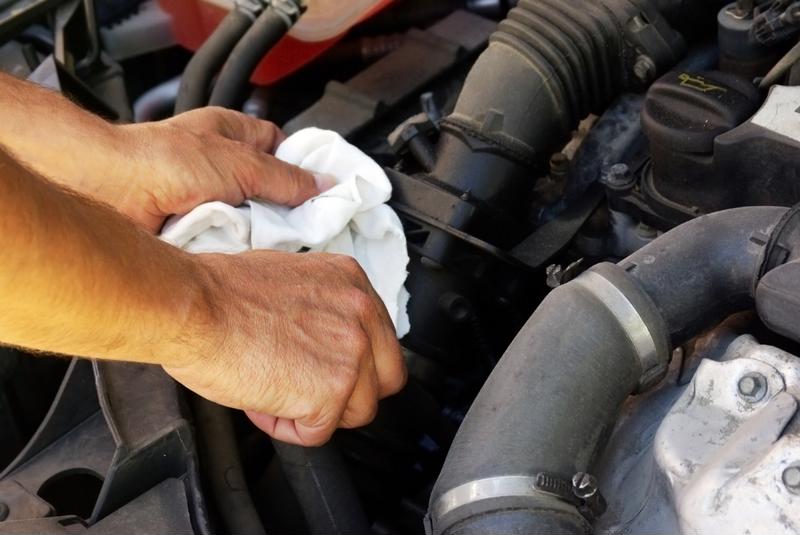Over the past decade, hybrid vehicles have become an incredibly popular option among drivers. As an affordable, alternative-energy replacement to the traditional gas or diesel automobile, more manufacturers have begun selling their own versions of this type of vehicle.
And that means more Americans now own hybrids. However, not everyone has the same level of understanding and knowledge about hybrids as they do with other types of vehicles, and that can create confusion.
To clear things up, here are four questions and answers about hybrid vehicle maintenance:
1. Does it cost less to own a hybrid?
Hybrid vehicles are a long-term investment. The technology costs more than a traditional gas vehicle, so you'll end up paying more upfront in the deal. However, since it uses less fuel, you'll save year-after-year on gas. Furthermore, some insurance agencies offer deals for hybrid owners, which can also save you money. Where people worry most, however, is with maintenance costs. Hybrids aren't inherently more expensive to own an operate than gas vehicles, though. Any concerns over the technology, like battery life, have been put to rest by years of on-the-road data. So, it can cost less to own a hybrid, if you plan on driving it for a longer period of time.
2. Do hybrids have their own unique maintenance needs?
While hybrid vehicles do incorporate technology not found in every gas auto, they don't have any unique vehicle maintenance. The main concern, as noted above, is with the battery that runs the electric portion of the vehicle. But, battery problems are a thing of the past for nearly all hybrids on the market, so you won't have to worry about a costly replacement on a routine basis. As for all other components, hybrids are essentially the same as their counterparts - and that means similar costs.
 Working on a traditional vehicle is different than a hybrid one.
Working on a traditional vehicle is different than a hybrid one.
3. Can I maintain my hybrid myself?
Gearheads who love to work on their own vehicles may not have that same luxury when it comes to hybrids. Simple tasks, such as checking fluid levels and adding air to the tires, is certainly the same on all types of vehicles. However, the hybrid components - namely electronics - can be incredibly complicated and unusual to the person used to working on gas-powered vehicles. That means maintenance is best left to the professionals. So, if you have any hybrid-related questions, make sure you bring it in to a auto repair shop that specializes in this type of maintenance.
4. What are the perks of a hybrid?
Hybrid and gas vehicles both have their own pros and cons. While a gas vehicle is cheaper in the initial stages, it can end up costing a lot as you constantly visit the pump. On the other hand, hybrids aren't tied down like that - and have an immense advantage when it comes to fuel economy. As previously noted, hybrids can also get lower insurance rates in some cases. Furthermore, hybrids are also beneficial for the eco-friendly among us. Hybrids have a smaller impact on the environment. Plus, they also tend to incorporate cutting-edge technology and other gadgets that can improve the driving experience.
The bottom line is that hybrids aren't for everyone. While today's version are more affordable and reliable than in years past, you should crunch the numbers before committing. As a long-term investment, hybrids can certainly be a smart, eco-friendly way to save some money. Of course, make sure you're working with the right hybrid-vehicle maintenance specialist to keep that car running year-after-year.